Iceman (Der Mann aus dem Eis)
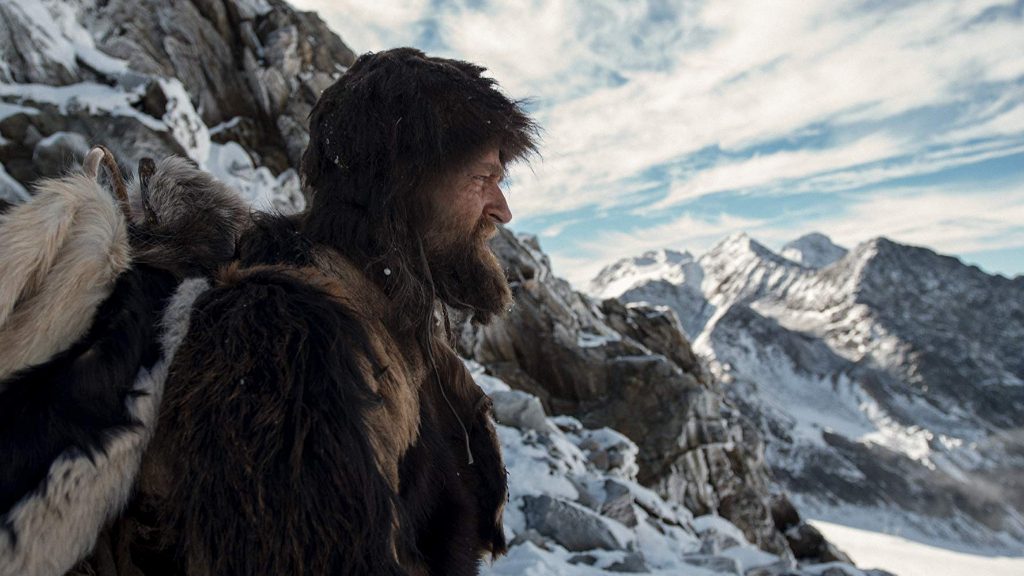
Despite life’s difficulties, a glimpse into the daily struggles of a man from the Bronze Age (around 3200 BCE) might restore perspective. In 1991 a mummy over 5000 years old, nicknamed Ötzi, was discovered in the Alps. German writer-director Felix Randau re-imagines this man’s story in his riveting drama Iceman (Der Mann aus dem Eis).
The film tells the simple tale of Kelab (Jürgen Vogel), whose village is pillaged and family brutally murdered by marauders. Returning from hunting, the protagonist finds everyone dead, with the exception of an infant. With the baby and a goat he sets off on a long arduous journey across punishing terrain in harsh weather to find the killers. The prehistoric man hunts with a bow and arrow and feeds the newborn from the teats of the goat. Sparing but meaningful encounters take place, such as a meeting with a father and daughter (Franco Nero and Anna F) who help care for the child; Kelab’s visceral wariness vis-à-vis a young male wanderer – despite their mutual rescue – emphasises a predominance of basic instincts, such as male rivalry for resources.
Apart from insouciant lovemaking without privacy and the practice of rituals, the everyday lives of these Chalcolithic people are portrayed as arduous but unremarkable, with the exception of a mysterious element: Kelab’s coveted box – containing a mirrored stone – which is stolen.
In ancient Rhaetian without subtitles, we are told translation is unnecessary for comprehension. The film employs a visual narrative in which the magnificent cinematography is a primary player, with its portrayal of sweeping vistas and wide shots emphasising nature’s power versus man’s fragility. The award-nominated sound is also an important factor: hyper-realistic background noises of livestock, flies, birds, a baby crying, pounding wind and the grunts and groans of rough living combine with exceptional, evocative symphonic compositions, merging classical and moody contemporary styles.
Although costumes of skins and fur on attractive-looking actors slightly resemble a caveman-themed contemporary fashion show with the models having a bad hair day, they are as expected – if not specifically realistic. Performances are powerful despite the fact that heavy beards and bad weather limit most expression to eye movement and vocal sounds. Much of the suspense is communicated, foretold and symbolised through the camera work.
As a story, Iceman is unique and fascinating in its relation to Ötzi the mummy. As a work of visual and aural beauty, the feature is moving and outstanding.
Catherine Sedgwick
Iceman (Der Mann aus dem Eis) is released in select cinemas on 27th July 2018.
Watch the trailer for Iceman (Der Mann aus dem Eis) here:

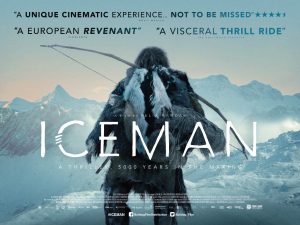
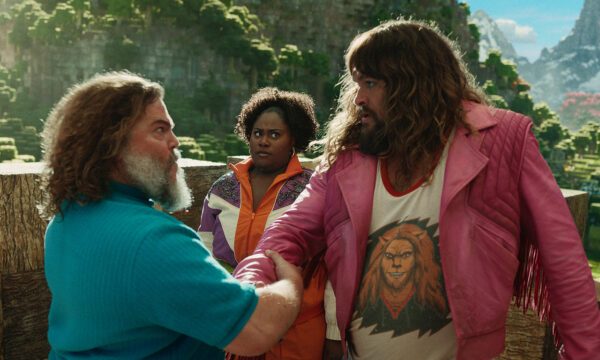




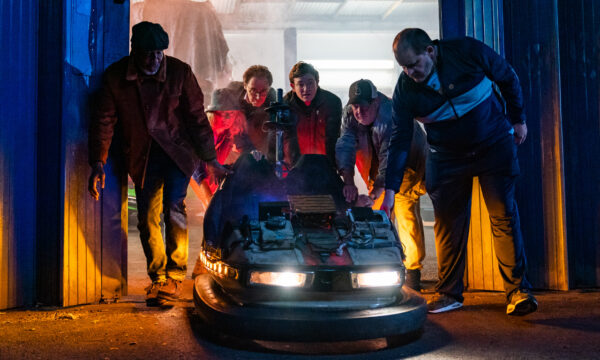
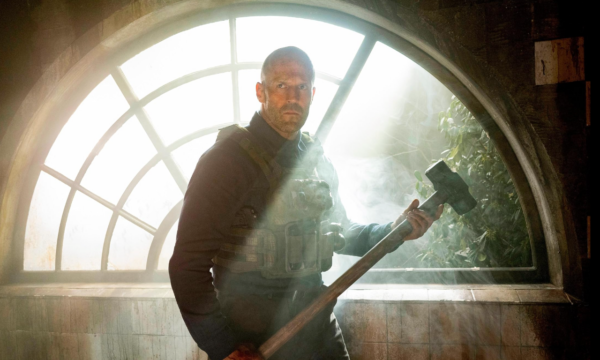
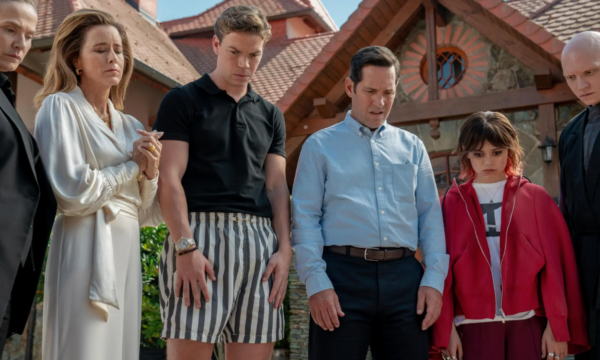







Facebook
Twitter
Instagram
YouTube
RSS